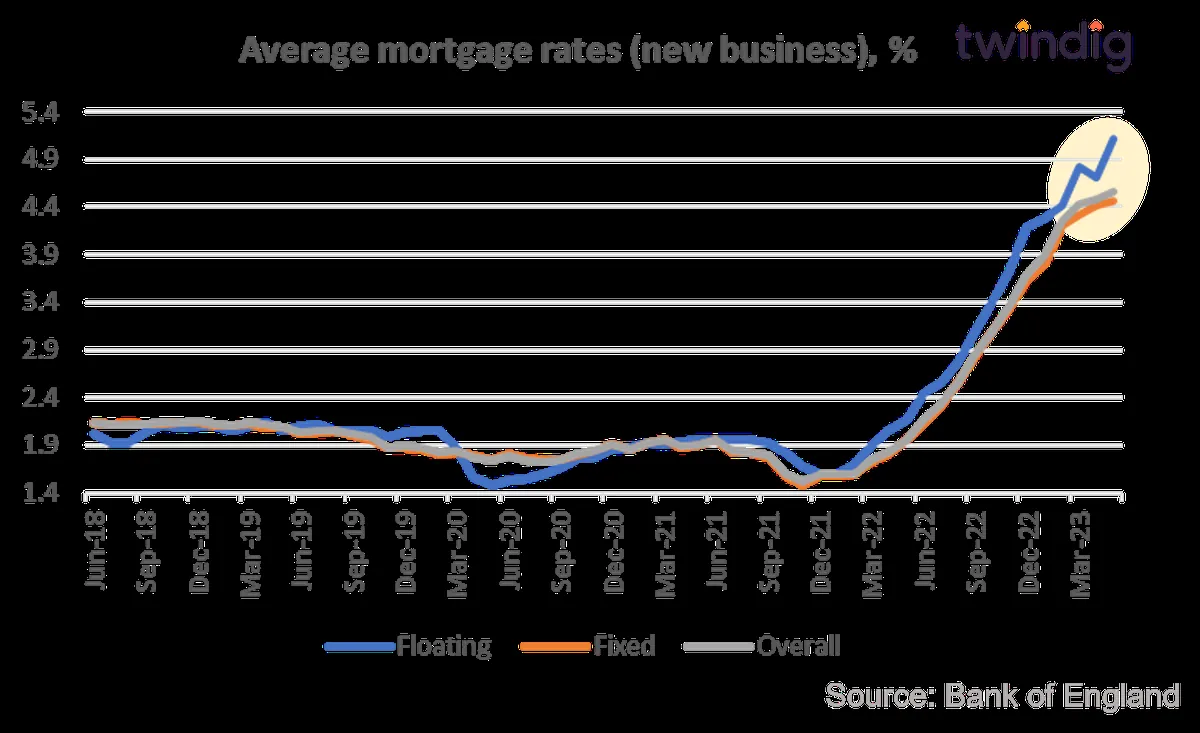Spanish Socialist Workers' Party
The Spanish Socialist Workers' Party is a social-democratic political party in Spain. The PSOE has been in government longer than any other political party in modern democratic Spain: from 1982 to 1996 under Felipe González, 2004 to 2011 under José Luis Rodríguez Zapatero, and since 2018 under Pedro Sánchez.

Some of the key events about Spanish Socialist Workers' Party
- 1879Founded as a socialist party to represent the interests of the working class in Spain
- 1931Played a key role in establishing the Second Spanish Republic
- 1934Participated in a failed revolutionary insurrection against the government
- 1936Won the elections as part of the Popular Front coalition
- 1936Supported the execution of political opponents during the Spanish Civil War
- 1939Lost the Spanish Civil War, leading to exile and repression of members
- 1977Legalized after Franco's dictatorship, becoming a major political force in democratic Spain
- 1979Abandoned Marxism as its official ideology
- 1982Won a landslide victory in the general election, forming the first left-wing government since 1939
- 1982Implemented austerity measures and economic liberalization policies
- 1986Oversaw Spain's entry into the European Economic Community (now European Union)
- 1986Supported Spain's entry into NATO despite previous opposition
- 1992Organized the Barcelona Olympics and Seville Expo, showcasing Spain on the world stage
- 1993Involved in a major corruption scandal known as the Filesa case
- 2004Implemented progressive social reforms, including same-sex marriage legalization
- 2004Withdrew Spanish troops from Iraq, straining relations with the US
- 2008Introduced a law recognizing the rights of victims of the Spanish Civil War and Franco's dictatorship
- 2008Faced criticism for inadequate response to the global financial crisis
- 2011Lost general election amid high unemployment and economic turmoil
- 2018Formed a government through a successful motion of no confidence, promoting democratic renewal
Disclaimer: This material is written based on information taken from open sources, including Wikipedia, news media, podcasts, and other public sources.





























